Atroinformatics 2024 will take place in Puerto Natales, located in the Chilean Patagonia, a region renowned worldwide for its breathtaking landscapes, vast forests, natural reserves, national parks, glaciers, and native wildlife.
The weather in Patagonia is highly unpredictable. When out on a trail, it's essential to have the ability to adjust your clothing layers easily. Make sure to bring warm layers, and prioritize having wind- and waterproof outer layers in case of rain. Keep in mind that summer is when Patagonia's notorious winds are at their strongest. Additionally, a good, sturdy pair of hiking shoes is crucial. The trails are well maintained, but the rain and wind can make them slippery and unstable. For more information, please read the following blog: What to Pack for Patagonia.
All major credit cards are accepted almost everywhere. However, smaller shops, kiosks, markets, and informal restaurants in remote areas may only accept cash, so be sure to carry some as a backup.
FLIGHTS
There are two airports to get to Puerto Natales:
Puerto Natales (PNT):
Located 35 km (22 miles) from Llanuras de Diana, and 32 km (20 miles) from Puerto
Natales. To get to Puerto Natales there are two main
airlines, Latam
Airlines
and Sky
Airlines. There is one Latam direct flight from Santiago (SCL) to
Puerto Natales on Sunday December 8 at 9:00 arriving at 12:18 or
you can have a stop or connection in Puerto Montt. Notice that
as there is a small number of flights, these are usually
expensive and fill up quickly because December is part of the
high season.
Punta Arenas (PUQ):
Located 200 km (124 miles) from Llanuras de Diana, and 230 km
(143 miles) from Puerto Natales. The best way to travel
between the two cities is by car, bus or private
transfer. If you are staying in Puerto Natales, we
highly recommend to take buses; it is pretty
straightforward—they usually make one stop at the airport if
you are traveling from the city. Most tourist buses have
WiFi onboard and air conditioning and are equipped with phone
chargers. It takes about three hours; it is best to book
in advance, and the two
companies, Bus-Sur
and Buses Fernandez, leave from either the
Punta Arenas Airport or from downtown. If you are staying
in Llanuras de Diana, the bus stops at the front gate, and
there is a 500 m walk from there (0.3 miles).
Please avoid making
last-minute travel arrangements. Flights are booking up rapidly
due to an exceptionally busy high season this year.
Astroinformatics 2024 will offer
complimentary shuttle service from Puerto Natales to the
conference venue (Llanuras de Diana) in the morning and back to
downtown in the afternoon. The bus schedule and restaurant
recommendations will be announced soon.












